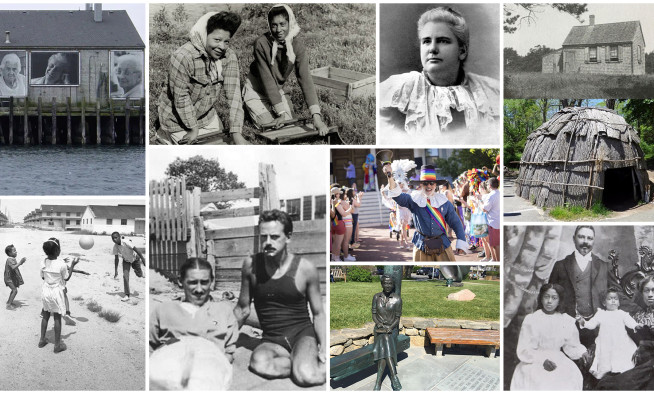Incentivizing Year-Round Rental Housing on Cape Cod
A recent college graduate in their first municipal job. A young family laying down roots. The grocery store workers who stock your shelves. The delivery driver who brings packages to your doorstep. The firefighter, the teacher, the retail clerk, the landscaper. These are the people who keep Cape Cod running — and they all need a place to live.
But for too many, stable housing is out of reach. Instead, they’re bouncing between winter rentals, temporary hotel rooms, or sleeping on friends’ couches. These stopgap solutions are no substitute for secure, year-round housing — but options are limited.
Only about 12% of all housing units in Barnstable County are rented year-round. Meanwhile, the median home price on Cape Cod is approaching $800,000. That’s not affordable for most working residents.
To address this challenge, the Cape Cod Commission is developing program frameworks to preserve and expand year-round housing opportunities. This work, undertaken in partnership with Outwith Studio, builds on recommendations outlined in the Cape Cod Regional Housing Strategy and aims to identify practical, effective ways to incentivize and support year-round residents.
The study is reviewing approaches already in use in other seasonal communities, where local governments and organizations have implemented tools such as deed restrictions, tax-based incentives, and structured rental conversion programs. The Commission’s work will identify the most relevant models, assess their feasibility for Cape Cod, and offer pathways for implementation. This will include recommendations for program design, potential partner organizations to lead program delivery, an outline of the approval and implementation process, and an evaluation of possible funding mechanisms.
Currently, the team is evaluating two core strategies. The first involves providing financial incentives to current short-term rental owners in exchange for making their properties available as year-round rentals. This approach offers a near-immediate way to increase the supply of long-term housing by leveraging existing housing stock and is already being implemented in some Cape and Islands communities.
The second strategy focuses on creating deed-restricted housing for year-round use. Under this model, homeowners receive a one-time payment in return for placing a restriction, typically in perpetuity, on their property, ensuring that it remains occupied year-round, whether by the homeowner or a renter. Like the rental grant program, this strategy has the advantage of converting or preserving housing stock without the need for new development.
Other tools or mechanisms for incentivizing year-round housing will also be explored as the project continues.
While no single strategy will appeal to every property owner, even modest participation in these potential programs could make a meaningful difference in the year-round housing market and a life-changing difference for those homes’ residents.
As the study progresses, the Cape Cod Commission and consulting team will engage stakeholders and conduct in-depth analyses to determine which strategies offer the greatest promise to create more housing opportunities for people who live and work on Cape Cod.
Related Posts




